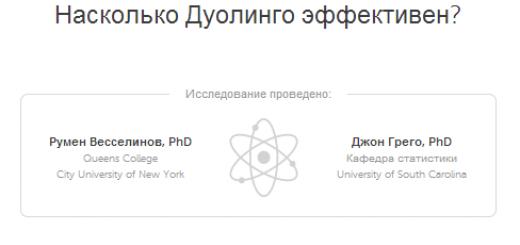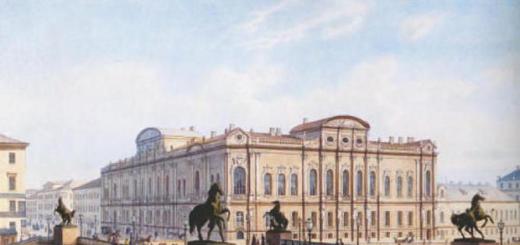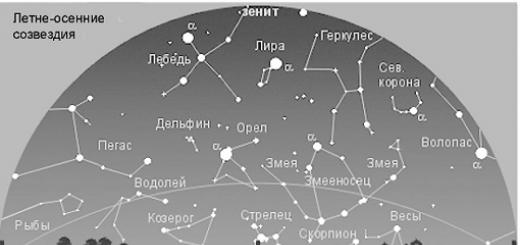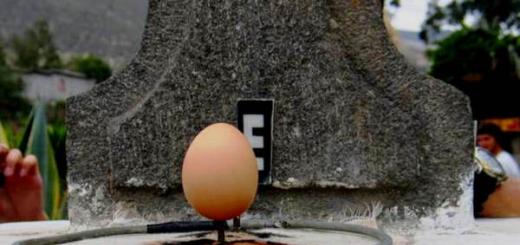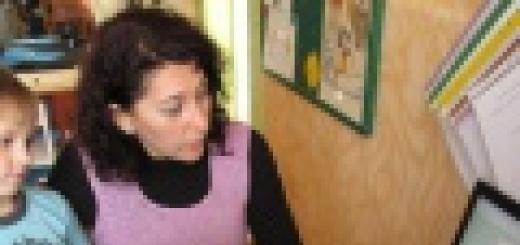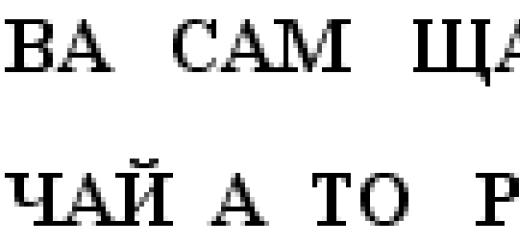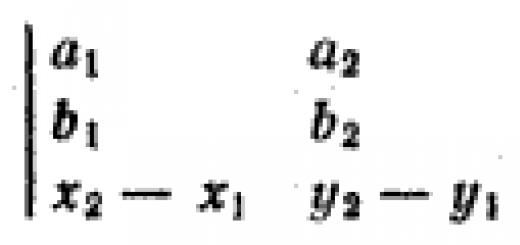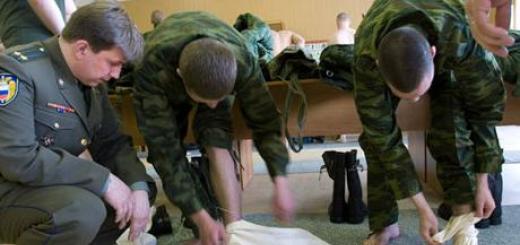There are 5 faculties in the structure of the Academy of Civil Engineering and Architecture: the Faculty of Architecture, the Faculty of Design, the Faculty of Engineering Systems and Environmental Construction, the Faculty of Construction and Technology, the Faculty of Industrial and Civil Engineering.
Architecture faculty
Faculty of Design
The Faculty of Design (FD) implements higher education programs in the direction of "Design" - 54.03.01 undergraduate and 54.04.01 magistracy.
In the direction of "Design" has been preparing since 1997.
Undergraduate profiles:
"Environment Design"
"Costume Design"
"Graphic design",
"Industrial Design" - a new profile has been opened since 2017.
Master profiles:
"Environment Design"
"Graphic design".
Students form a creative portfolio from the first year of study, participating in professional competitions and completing real design projects. Students of the faculty 11 times became finalists and winners of prestigious international competitions (Italy, Japan, South Korea, Germany, etc.), 3 victories in WorldSkills competitions at the All-Russian and regional levels.
All student groups are assigned classrooms with Internet access and designed for practical and seminar classes, independent and research work, course projects and individual consultations with teachers. Multimedia equipment makes it possible to conduct classes in these classrooms at a high level.
Industrial practices of designers are carried out on the basis of numerous enterprises and organizations in Samara, Moscow and St. Petersburg.
Graduates:
Graduates of the faculty successfully work in the design bureaus of Samara, St. Petersburg and Moscow. The faculty is actively working on the conformity of the educational process to the international level. Graduates not only successfully continue their education in other countries, but also work there. Faculty diplomas are recognized at the state level in a number of European countries such as Spain, Germany, Holland and other countries.
Today, the faculty is the leading center for training specialists in prestigious and sought-after design profiles.
Contact Information:
Email: [email protected]
work phone 242-16-17
Faculty of Engineering Systems and Environmental Construction
The Faculty of Engineering Systems and Environmental Construction (FISPOS) trains students in the most promising and sought-after profiles.
Undergraduate profiles:
- "Hydraulic engineering",
- "Water supply and sanitation",
- "Heat and ventilation",
- "Environmental Engineering".
Master profiles:
- "Water disposal and wastewater treatment",
- "Water supply of cities and industrial enterprises",
- "River and underground hydraulic structures",
- "Energy efficiency of systems for ensuring the microclimate of buildings and structures",
- "Energy efficiency of heat supply systems",
- "Industrial ecology and rational use of natural resources".
The faculty of ISPOS was founded in 1932 as one of the first two faculties of the Samara Civil Engineering Institute under the name "Sanitary and Technical Faculty". In 1984, the Faculty of Hydrotechnics was attached to it, and in 1995 the Faculty of ISPOS received its modern name. The basis of the faculty is 3 graduating departments:
- Department "Water supply and sanitation",
- Department of Environmental and Hydrotechnical Construction,
- Department "Heat and gas supply and ventilation".
The faculty has a modern material and technical base and highly qualified teaching staff with the involvement of foreign specialists. Education at the faculty is conducted using modern educational programs and technologies.
In 2006, the ISPO faculty was the only one from the Samara State University of Architecture and Civil Engineering that passed international certification in London, which enabled graduates to receive international certificates (IES) confirming their specialist qualifications and increase their chances in the labor market in Russia and abroad.
At present, the graduates of the faculty work both on the territory of the Russian Federation and in many countries of the world, holding responsible positions in various industries.
Faculty of Construction and Technology
The Faculty of Construction and Technology, organized in 1988 on the basis of the Faculty of Agricultural Construction, has been training engineers and technologists for the construction and housing and communal services sector since 1955.
Currently, the faculty trains bachelors, engineers and masters in the most modern and promising areas and specialties.
Obtaining a construction specialty provides a good universal technical base, so graduates of the faculty can realize their knowledge in many areas: from direct work at facilities (foreman, technologist, construction manager) to making calculations in the office (estimators, designers).
Specialists with knowledge of technical processes and construction business are in demand in construction control and audit and in government agencies (customer services, planning and capital construction departments, chief architect services and repair facilities).
Students study accounting, the technology of construction and reconstruction of buildings and structures, roads, bridges and tunnels, modern building materials and their production technology, computer-aided design and production methods, master special computer programs.
Faculty of Industrial and Civil Engineering
Currently, the Faculty of Industrial and Civil Engineering trains bachelors, engineers and masters in the most modern and promising areas and specialties of construction education in our country.
Obtaining a construction specialty provides a good universal technical base, so graduates of the faculty can realize their knowledge in many areas: from direct work at facilities (foreman, technologist, construction manager) to making calculations in the office (estimators, designers).
Since 2013, our faculty has been preparing students for international educational activities within the framework of the "Double degree programm". Students with good and excellent academic performance, as well as those who have passed tests for knowledge of the English language, have the opportunity to study in parallel in the third year at the Mikkeli University of Applied Scinces, Mikkeli, Finland. The result of this program is the receipt of two diplomas of higher education at once. For the successful implementation of the program within the framework of the educational process, students are taught part of the disciplines of the curriculum in two languages at once - Russian and English.
Starting from 2015, the faculty introduced the possibility of passing field geological practice. The most deserving students who have shown the greatest interest in such a subject as "Geology" get the opportunity after the first year to take part in field geological practice, which takes place in the North Caucasus in the Elbrus region. As part of this practice, students get acquainted with the geological conditions of the region, select samples for our geological museum.
Currently, our faculty is part of the Academy of Architecture and Construction of the Samara State Technical University. The new united university has the status of a Key Regional University, which sets itself the task of developing the region and the country as a whole.
Based on the knowledge gained during their studies at the Faculty of Industrial and Civil Engineering, many graduates in different years have become its worthy representatives at the highest levels of construction production and management.
Samara State University of Architecture and Civil Engineering began its work in 1930. Since then, its structure has changed several times. Today SGASU is a large educational institution, which has 5 institutes, 2 branches (in Belebey and Pokhvistnevo), 10 faculties and 5 testing, scientific, technical and training centers.
To become a student of the Samara State University of Architecture and Technology, you must pass the entrance exams, as well as submit a number of documents to the admissions office. Detailed information about the process of admission to the university is available on the SGASU website: the schedule of entrance examinations, consultations, as well as passing scores can be found on the official portal of the university.
SGASU structure in Samara
The structural subdivisions of the university are the institute of design and architecture, management and economics, ecology and engineering life support systems, pre-university training, construction institute.
The following faculties function at the university: construction and technical, civil and industrial construction, environmental construction and engineering systems, architecture, information systems and technologies, design and engineering and economics.
According to the official website of SGASU in Samara, for a number of faculties, not only full-time (daytime), but also part-time education is provided, in particular for engineering and economic departments.
The university implements various levels of education, including undergraduate and graduate programs.
Not so long ago, the Architectural and Construction Lyceum was organized at the university, working on the principle of continuous education "School-university".
On the basis of SGASU, those who wish can also receive secondary vocational education in the specializations "Construction and operation of structures", "Installation and operation of gas supply systems and equipment."
Russia's first educational institution of continuous education of a complex type; his experimental materials formed the basis of the Concept for the Modernization of Russian Education
Medical Institute "REAVIZ" ("Rehabilitation, Physician and Health") - organized in 1993 on the initiative of the Samara State Medical University, prominent medical scientists of the Samara region. The Institute today is a modern multi-level system of continuous training of civilian specialists with higher medical, pharmaceutical and humanitarian education from general educational institutions to postgraduate studies. At present, MI "Reaviz" is a genuine complex of higher medical education, providing students with the widest opportunities for high-quality training. Our institute is a tradition multiplied by search, innovation and initiative. The structure of the institute includes 5 faculties and 14 departments. Today the institute has a high public and international recognition.
The Institute is a major educational and scientific center of the Volga region, a creative laboratory, a concert institution, with which leading Russian and foreign scientific and creative organizations and educational institutions effectively cooperate. University graduates work in all regions of the Russian Federation. They make the greatest contribution to the development of the information, socio-cultural and artistic spheres of the Volga region and the Samara region, where they make up a significant part of the leaders, representatives of professional creative organizations, amateur groups, information and cultural and leisure institutions.
The Samara branch is one of the 6 branches of St. Petersburg State Unitary Enterprise - a structural subdivision of the St. Petersburg Humanitarian University of Trade Unions. Non-state educational institution of higher professional education SPbGUP was founded by the Federation of Independent Trade Unions of Russia and the Interregional Association "Federation of Trade Unions of St. Petersburg and the Leningrad Region".
At present, the Volga State University of Telecommunications and Informatics is known in the world as one of the four Russian centers conducting scientific research and large-scale training of specialists in the areas of telecommunications, radio engineering, informatics and economics. It includes Samara College of Communications, Stavropol and Orenbursk branches. PGUTI implements a flexible multi-level system of education - from the training of a skilled worker to a doctor of science. Training is conducted on the state budget and contract basis. Educational programs are diverse, both in areas and specialties, and in the forms and terms of study. Training of engineers is being carried out in a shortened period of study on the basis of secondary vocational education, as well as training of economists and engineers with a second higher education.

